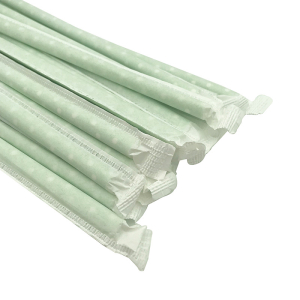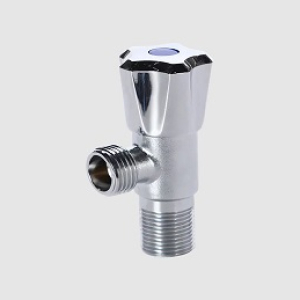In today's era of heightened environmental awareness, the choice of packaging materials has become a critical consideration for businesses seeking to minimize their ecological footprint. Kraft food bags have emerged as an environmentally friendly alternative to traditional plastic packaging, offering numerous benefits that contribute to environmental protection. Let's explore how kraft food bags safeguard the environment while meeting the diverse needs of consumers and businesses alike.
The environmental benefits of kraft food bags are their biodegradability and compostability. Unlike plastic bags that can persist in the environment for hundreds of years, kraft paper decomposes naturally when exposed to environmental conditions. As a result, discarded kraft food bags break down into organic matter over time, minimizing pollution and reducing the burden on landfills. Moreover, some kraft food bags are compostable, meaning they can be disposed of in composting facilities, where they undergo microbial degradation to produce nutrient-rich compost, thus closing the loop in the circular economy.
Kraft food bags are primarily made from kraft paper, which is derived from wood pulp obtained from sustainably managed forests. Unlike fossil-based plastics, which deplete finite resources and contribute to greenhouse gas emissions, kraft paper is sourced from renewable materials. Sustainable forest management practices ensure that trees are harvested responsibly, with new trees planted to replace those that are harvested. By utilizing renewable raw materials, kraft food bags help reduce dependence on non-renewable resources and mitigate deforestation, thereby preserving biodiversity and supporting forest ecosystems.
Another significant environmental benefit of kraft food bags is their recyclability. After serving their intended purpose, kraft paper bags can be collected, processed, and recycled into new paper products, such as packaging materials, tissue paper, or corrugated cardboard. Recycling kraft paper helps conserve natural resources, reduce energy consumption, and minimize waste sent to landfills. Moreover, the recycled content of kraft paper bags can be further increased through closed-loop recycling systems, where post-consumer waste is used to manufacture new products, promoting a circular economy and resource efficiency.
By opting for kraft food bags over plastic packaging, businesses can contribute to the reduction of plastic pollution in the environment. Plastic bags are a major source of marine litter and terrestrial pollution, posing serious threats to wildlife and ecosystems. In contrast, kraft paper bags decompose naturally and do not accumulate in the environment, helping to mitigate the adverse impacts of plastic pollution on marine life, waterways, and landscapes. By choosing kraft food bags, businesses demonstrate their commitment to environmental stewardship and responsible waste management practices.
The production of kraft paper bags typically requires less energy and water compared to plastic bags. Kraft paper manufacturing processes, such as pulping and papermaking, consume fewer resources and generate lower emissions, resulting in a smaller environmental footprint. Additionally, innovations in energy-efficient technologies and water recycling systems further enhance the sustainability of kraft paper production, reducing greenhouse gas emissions and conserving freshwater resources.
In conclusion, kraft food bags offer a sustainable packaging solution that protects the environment while meeting the needs of consumers and businesses. With their biodegradability, renewable raw materials, recyclability, contribution to reducing plastic pollution, and energy and water efficiency, kraft food bags exemplify the principles of environmental sustainability and responsible consumption. As businesses and consumers increasingly prioritize eco-friendly products, kraft food bags are poised to play a vital role in promoting a healthier planet for future generations.






